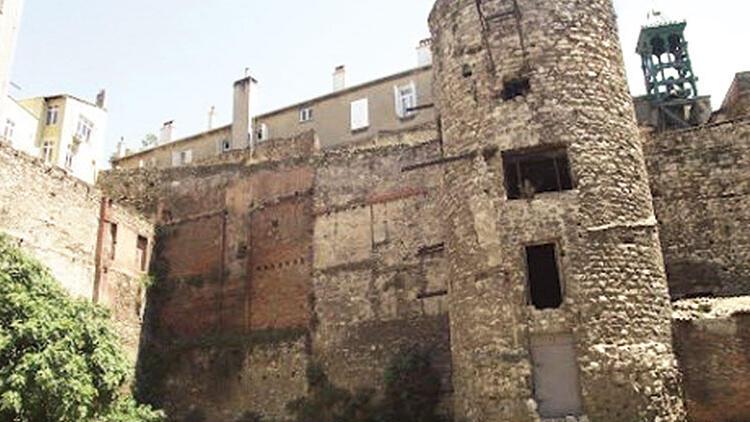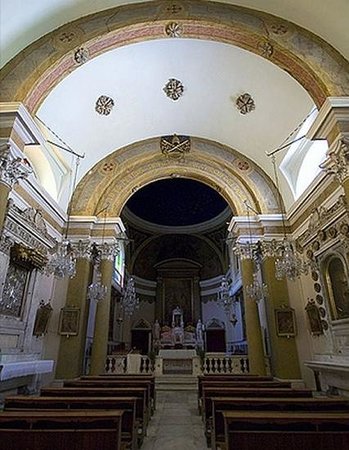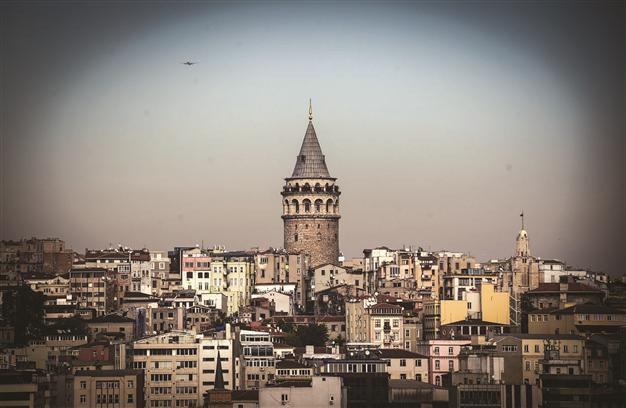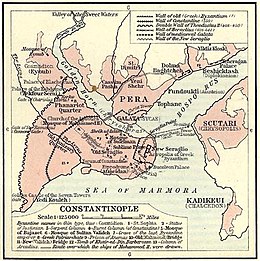türkçe links to original Turkish article by Prof. Dr. Ural Akbulut
(Milliyet Newspaper, 29 March 2019)
alum wars click here for more on the Papal-Ottoman
alum war.
Sumerian alum recipe
The ancient Sumerians used 'şap' (alum) 4,000 years ago for various
purposes. Their success with clay tablets, hides and textiles can be
tied to the quality of their alum.
On one clay tablet, there is a description of a medicine made with alum:
"make alum into a powder and blow it into the ear of the patient
through a reed." Another tablet writing explains how a mixture of soda
and alum can clean the mouth. The Sumerian tablets recommend
mixing alum with camomile to dye one's hair and the Sumerians in
Anatolia used alum that they acquired by frying the mineral alunite at
high temperatures. Their clay tablets frequently advised "use the alum
that comes from the Hittite nation."
These tablet writings confirm that the export of alum in the Selçuk
and Ottoman periods stretched back 4,000 years to Sumerian times.
Venetians and Genoese traders facilitated these exports to Europe in
the Ottoman period but when the price of alum increased during the
rule of Fatih Sultan Mehmet (1444-1446 & 1451-1481), the Europeans
looked for alternative sources for alum.
Alum production in the Middle Ages
In Italy in 1461, Giovanni da Castro found a rich source of alum at
Tolfa near Rome and he wrote the following letter to his godfather
Pope Pius II: "I am informing you of a victory against the Turks.
They are getting 300,000 ducats per year from us by selling us the
alum we use for dying wool. I have found mountains with enough
alum for seven worlds. If you have the requisite ovens built to fry
the mineral to create alum, we can sell alum to the whole of Europe
and the Turks will lose a great income."
The alum discovered at Tolfa was on land that belonged to the Pope,
so alum production began there in 1462 and imports of alum from
the Ottomans were banned. In 1463, the money gained from alum
was separated from other papal income and was accumulated to
start another Crusade. When Pope Paul II was elected in 1464 he
followed the same policy. The Medici family acquired the rights
to the alum mines for 9 years in 1466 and prices increased. This
prompted textile producers in England to start importing alum from
the Ottomans instead.

Location of alum mines in the Papal States.
The decrease in the selling price of alum reduced papal income
so the Pope entered into an agreement with the King of Naples
in 1470 to set up an alum monopoly, the aim of which was to
keep prices for alum high and therefore increase income. Although
the agreement was for 25 years, it failed after only two. Then, in
1472, Pope Sixtus IV was elected and two years later permission for
alum imports from the Ottomans was granted.
In 1476, the Pope gave authority to sell alum to the Medici's rival,
the Pazzi family. Two years later, the Pazzis wounded the Medici
leader Lorenzo de'Medici and killed his brother. The Pope then
canceled the Pazzi family's alum sales authority and gave it to a
Genoese family, but the Medici family reacquired the authority
in 1488.
In 1500 the Pope gave alum sales authority to the banker Agostino
Chigi, whose radical price increases sparked complaints. As a
result, Ottoman alum imports were again allowed in 1504 and
prices eased. The English King Henry VII threatened the Pope
that England would only import Ottoman alum if the Italian
price increased, forcing the Pope to give the King a price guarantee
and in 1506 the import of Ottoman alum was again banned.
Consequently, the Pope's fortune increased markedly and Chigi
became the richest man in Europe.

King Henry VII got rich on the alum trade.





